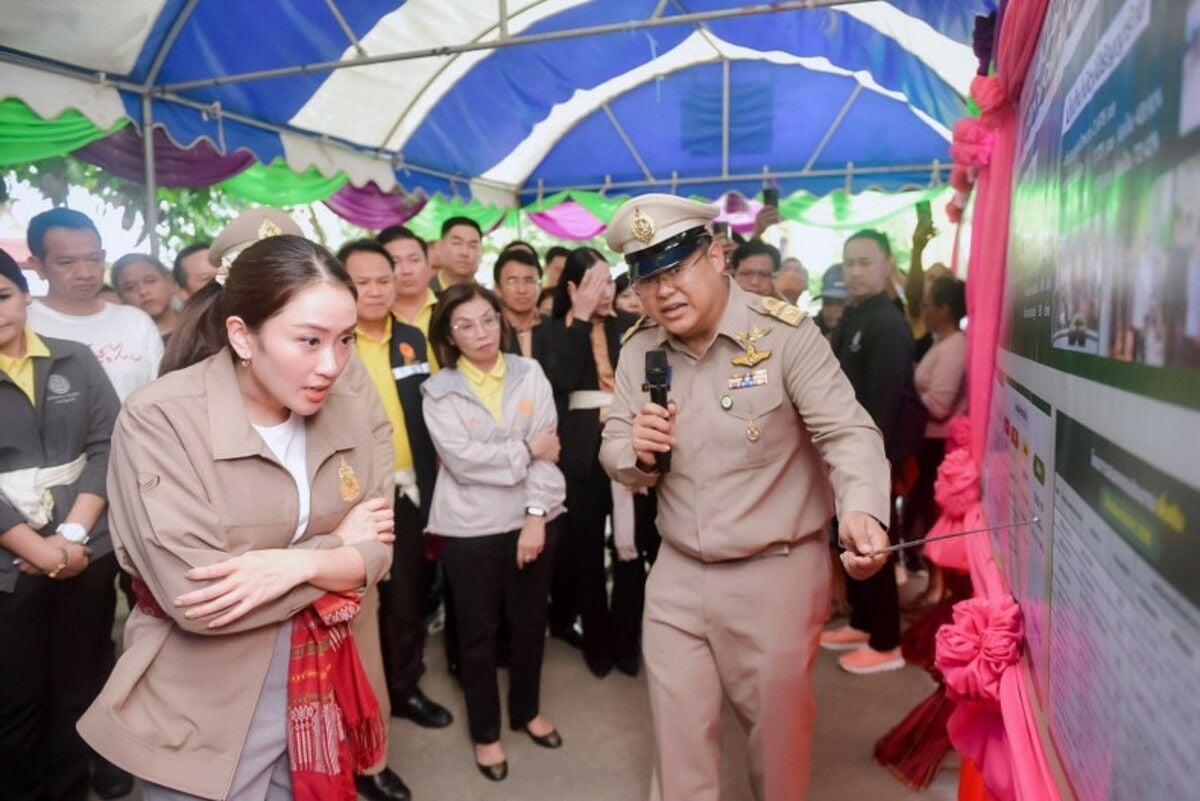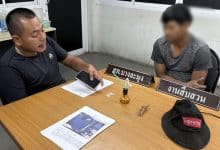Thailand launches anti-drug campaign in 10 pilot provinces

Thailand is taking decisive action against drug-related issues by designating 10 provinces as pilot areas to test new strategies. Prime Minister Paetongtarn Shinawatra emphasised the broader societal impacts of drug problems during her visit to Roi Et, highlighting the urgent need for a comprehensive approach to tackle this challenge.
Drug problems are seen as a significant barrier to national progress and other policy successes, making it a critical focus for the government. Parliament has been briefed on this initiative, underlining its importance. The 38 year old PM pointed to the successful anti-drug efforts in Thawatchaburi district, Roi Et province, and Tha Wang Pha district in Nan province, as a basis for expanding the initiative to additional provinces.
Chiang Mai, Uthai Thani, Pathum Thani, Prachuap Khiri Khan, Sakon Nakhon, Nakhon Phanom, Rayong, Nakhon Si Thammarat, Trang, and Narathiwat have been chosen as the ten pilot provinces for this intensified anti-drug campaign. Paetongtarn outlined this plan during a meeting attended by National Police Chief Kitrat Phanphet and Narcotics Control Board secretary-general Phanurat Lakboon.
The strategy includes lessons from the Thawatchaburi Model, which stresses community cooperation, suppression, and rehabilitation, and the Tha Wang Pha Model, which involves comprehensive addiction mitigation, asset seizure from dealers, and support for rehabilitation graduates to reintegrate into society.
Paetongtarn has tasked the Office of the Narcotics Control Board (ONCB) with centralising its database to facilitate better data sharing. This improved data management is intended to enhance both operations and policy implementation.
In combating the narcotics trade, the prime minister stressed the importance of confiscating assets from those involved, viewing this as a crucial tool in reducing both drug abuse and trafficking. She also called for diligent monitoring of officials to prevent complicity, aiming to bolster public trust.
On the subject of rehabilitation, Paetongtarn noted the ongoing collaboration among the ONCB, local governments, the Ministry of Public Health, police, and military to support those seeking treatment. Career training is set to be a government priority, aiding those recovering from drug use to rebuild their lives with dignity.
Paetongtarn affirmed the government’s commitment to aiding all agencies ready to collaborate on eradicating the drug problem. She encouraged other provinces to approach this challenge with confidence, using Roi Et’s success as a testament to the campaign’s potential effectiveness, reported Bangkok Post.
What Other Media Are Saying
- IDPC warns Thailand’s new drug policies risk reversing successful reforms by increasing criminalisation and incarceration, undermining harm reduction efforts and human rights. (read more)
Frequently Asked Questions
Here are some common questions asked about this news
Why is Thailand focusing on drug issues as a barrier to national progress?
Drug problems hinder policy success and societal development, prompting Thailand to prioritize comprehensive solutions for national advancement.
How might the Thawatchaburi and Tha Wang Pha models influence new anti-drug strategies?
These models emphasize community cooperation and comprehensive mitigation, shaping robust strategies for broader implementation.
What if asset seizure becomes a primary tool in Thailand’s anti-drug efforts?
Seizing assets could significantly disrupt drug networks, reducing trafficking and abuse through financial deterrence.
How could improved data sharing impact Thailand’s drug policy implementation?
Enhanced data sharing can streamline operations and policy decisions, leading to more effective anti-drug initiatives.
What role does career training play in Thailand’s rehabilitation strategy?
Career training aids rehabilitation graduates in reintegrating with dignity, fostering long-term recovery and societal contribution.
Latest Thailand News
Follow The Thaiger on Google News:


























